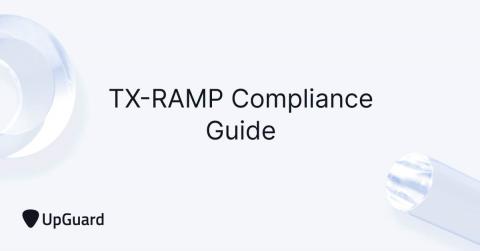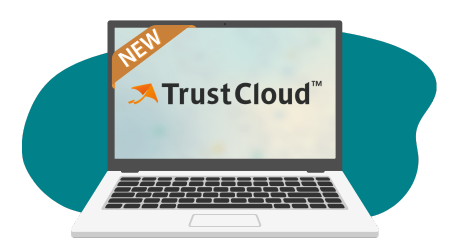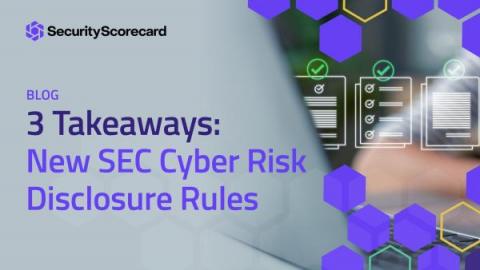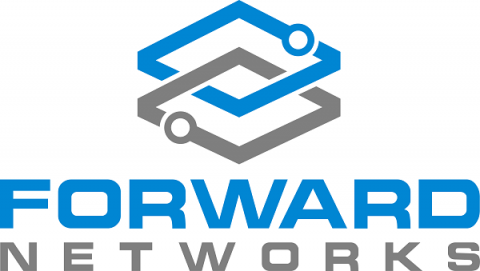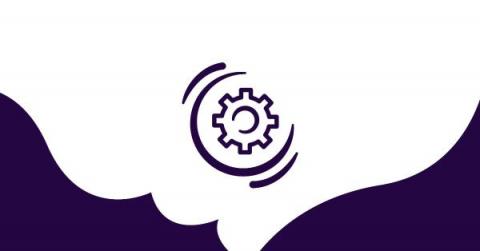Think Twice Before Embarking on Your CMMC 2.0 Compliance Journey Alone
Like a multitude of professions, the field of Information Technology (I.T.) is vast and requires specialized experience. There are network infrastructure specialists, risk and compliance analysts, cybersecurity professionals, technical generalists and more. I.T.




